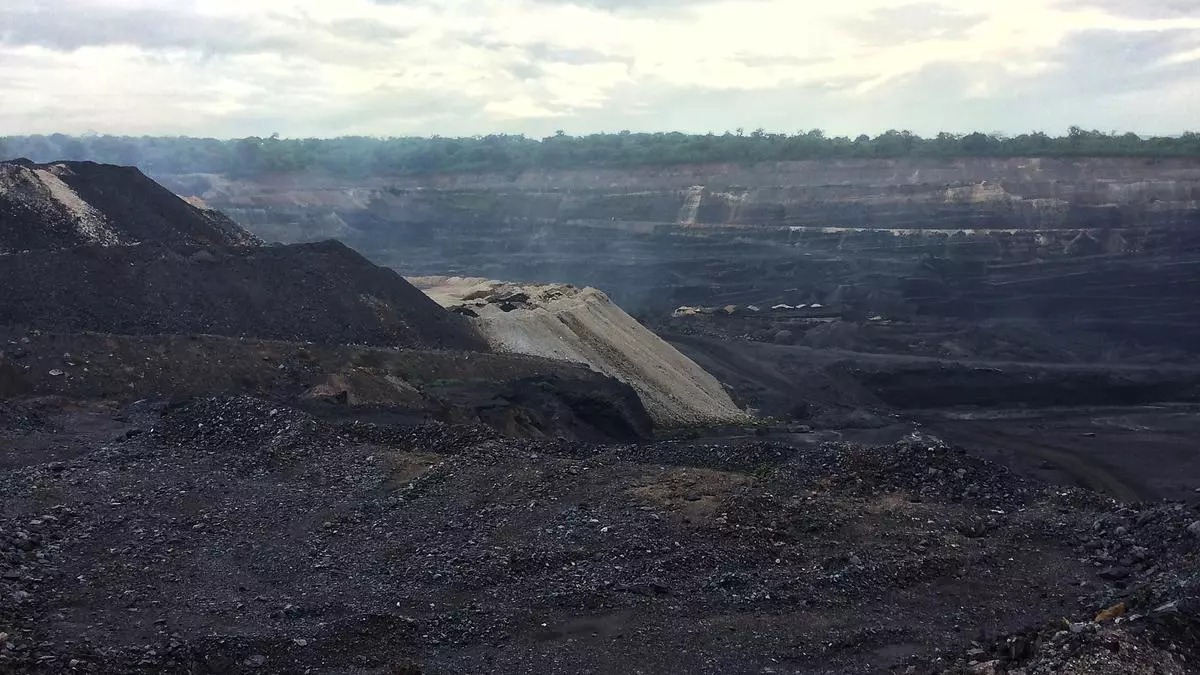India–US Trade Tensions Rise Over Steel and Auto Tariffs NMDC Limited reports a 38% drop in Q4 FY24 consolidated net profit RINL to Raise $23 Million Through Land Sales Amid Crisis

Analysts anticipate a decline in global thermal coal prices in 2024, primarily attributed to an oversupply in the market and reduced demand. Current Newcastle coal futures stand near a three-year low at $118 per tonne, marking a 55% year-on-year decrease, with oversupply in the Chinese market being a significant factor in the price drop.
Research agency BMI, a unit of Fitch Solutions, has revised down the Newcastle thermal coal price forecast for 2024 from an annual average of $170 per tonne to $150. The Australian Office of the Chief Economist (AOCE) predicts a further decline in the Newcastle coal price from just under $173 per tonne in 2023 to around $115 per tonne by 2025.
Global demand for coal remains weak amid abundant market supply, with BMI noting a departure from the 2022 annual average of $358 per tonne. The International Energy Agency (IEA) forecasts a reduction in China's coal consumption in 2024, but uncertainties about the pace of economic growth in China could impact future coal use.
The Australian Chief Economist Office points out that structural price pressures, such as low capital availability, labour shortages, and disruptions like the loss of Russian output following the Ukraine invasion, have influenced thermal coal markets. La Niña disruptions have constrained supply, and while global gas supplies are expected to increase in 2025 and 2026, lower gas/LNG prices may alleviate pressure on thermal coal markets.
Despite commitments to renewables, India and other emerging economies are expected to rely on coal for economic growth. Global thermal coal consumption is forecasted to decline by 0.2% year-on-year in 2024, while production is expected to grow by 3.0%, leading to a broader global surplus of thermal coal.
AOCE notes that thermal coal price risks remain balanced, with demand facing downside risks, but potential supply shocks could lead to price increases, such as impacts from the El Niño weather pattern on Indonesian exports.
Also Read : India reaches out to critical mineral producers for processing technology India seeks to become world's top producer of critical minerals